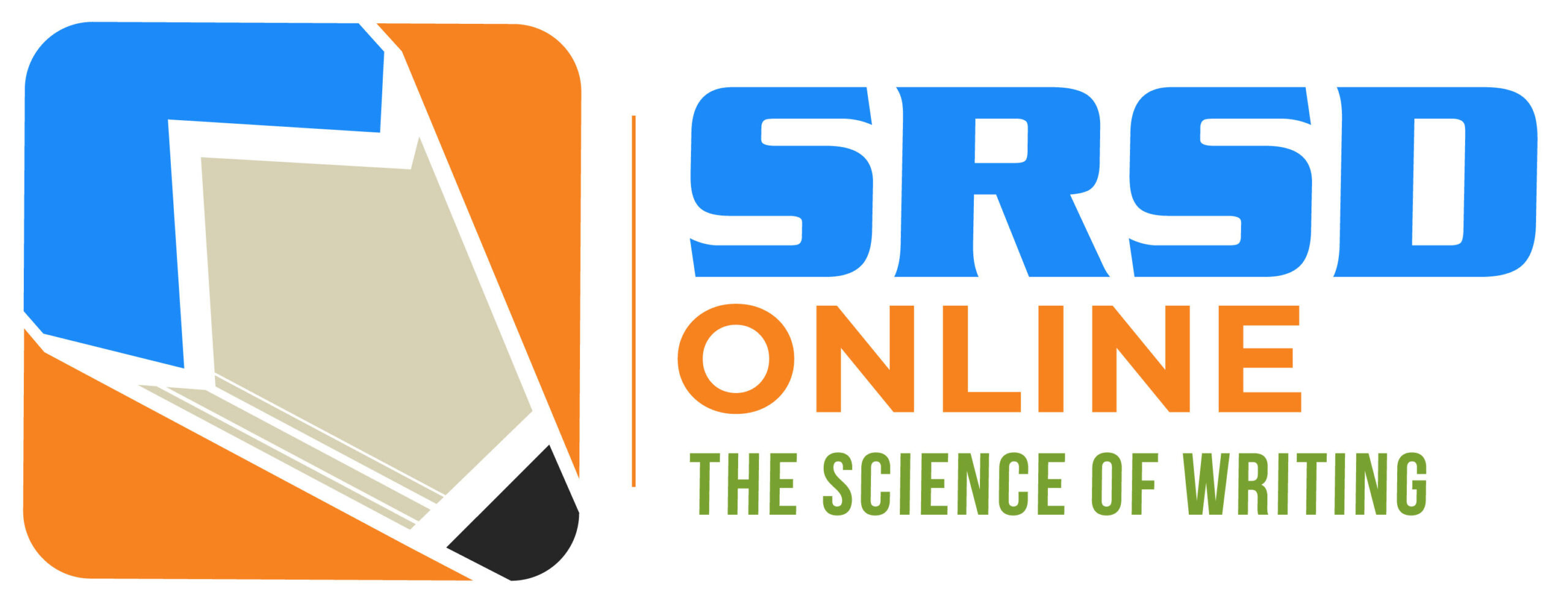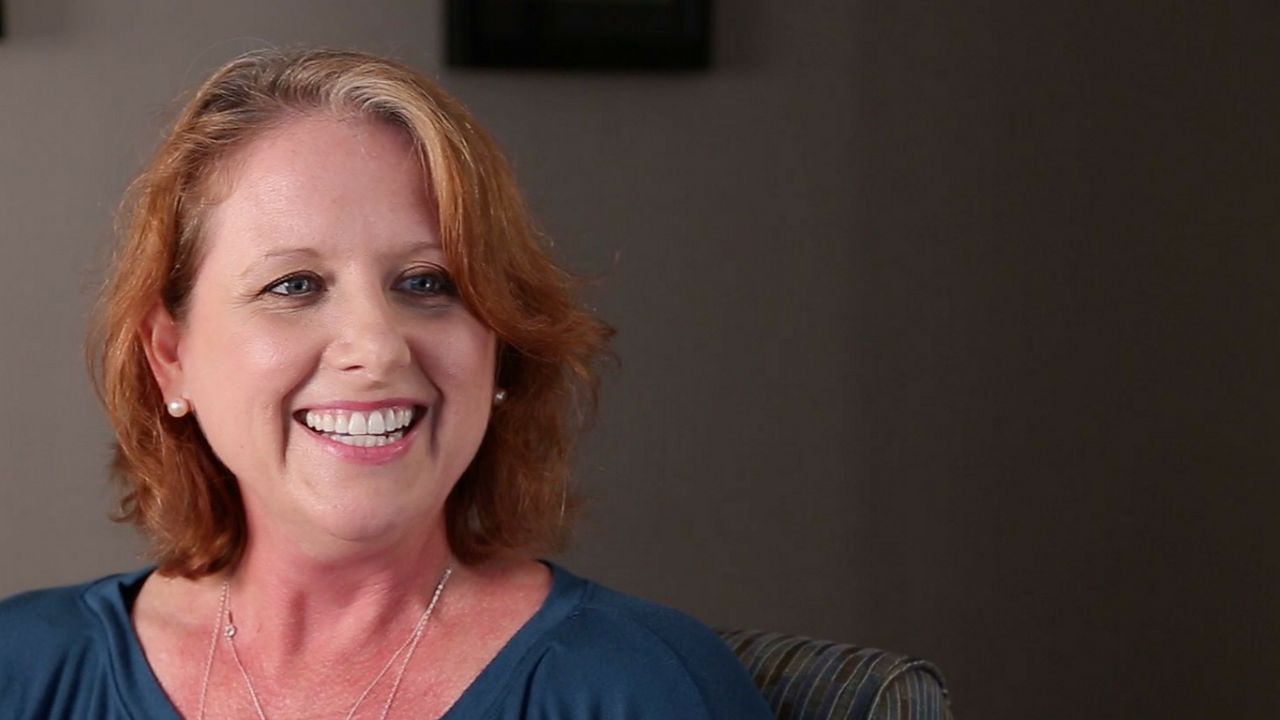Debra McKeown specializes in SRSD for writing, teacher professional development models, special education teacher quality, mixed methods, single-subject design, qualitative methodology.
Debra McKeown Biography
Debra McKeown is an SRSD researcher and author, as well as, an assistant professor in the Department of Educational Psychology, Special Education, and Communication Disorders. McKeown’s research interests include teacher preparation/quality and effective instructional practices, especially in writing. McKeown works in single-subject, quantitative and qualitative methodologies, often using mixed methods to answer research questions. She is published in the top journals in her field and is Associate Editor for Journal of Early Intervention. Currently, McKeown is running two SRSD intervention research projects in school settings, a survey project, and a meta-analysis project. Prior to joining academia, McKeown was a teacher of special education for ten years in the Southern US, Kenya, and Thailand. McKeown specializes in writing, SRSD (Self-regulated strategy development), teacher professional development models, special education teacher quality, mixed methods, single-subject design, qualitative methodology.
Specialties: Learning Disabilities, Mild-Moderate/High Incidence Disabilities, Special Education teacher quality, Research Methodology, Writing interventions, Single-subject research design, Qualitative research, mixed methodology, Compounding issues associated with gender, SES, ESL, culture
Selected Publications
Selected Research
- Illuminating growth and struggles using mixed methods: Practice-based professional development and coaching for differentiating SRSD instruction in writing. 2016
- Effects of Asynchronous Audio Feedback on the Story Revision Practices of Students with Emotional/Behavioral Disorders. 2015
- SRSD in Practice: Creating a Professional Development Experience for Teachers to Meet the Writing Needs of Students with EBD. 2014
- The writing of students with learning disabilities, meta-analysis of self-regulated strategy development writing intervention studies, and future directions: Redux 2013
- A Meta-Analysis of Writing Instruction for Students in the Elementary Grades. 2012
Debra McKeown Story
Self-regulated strategy development (SRSD) is one of the most effective writing interventions for improving the quality of student writing (Graham, McKeown, Kiuhara, & Harris, 2012). Research supports its effectiveness across measures, including increased word count, sentence count, number of paragraphs, number of transitions, number of essay parts, and overall quality while reducing score variability for students with emotional and behavioral disorders (EBD) (Ennis & Jolivette, 2014; Losinski, Cuenca-Carlino, Zablocki, & Teagarden, 2014; Mastropieri, 2009). Most research on SRSD for students with EBD-9 of 11 studies-has included the researcher as a teacher (Ennis & Jolivette, 2014). This is likely due to the complexity of the SRSD approach, which makes it difficult for teachers to implement instruction with fidelity by simply reading about the intervention. Instead, teachers indicate intensive practice-based professional development (PBPD) is needed to implement SRSD well (McKeown, Hendrick, Brindle, & FitzPatrick, 2014). Through PBPD, teachers learn and practice essential skills before working with students, hone genre knowledge, become fluent with writing processes, and grasp theoretical underpinnings that make SRSD effective. PBPD also provides the setting for teachers to customize their writing instruction to meet the needs of students with EBD.
More from Debra:
“I’m Dr Debra Mccowen and I’m an assistant professor at Georgia State University in special education. The question is, how did I get drawn into SRSD, Self-Regulated Strategy Development? Well, I was interested in research on writing and I had been a special education teacher for 10 years, five years here in five years over overseas, and I was constantly teaching students how to write and there weren’t really any good strategies and programs out there for teaching students to write. And I found SRSD that had terrific research behind it and started testing it in my classroom. I had the very good fortune of working under Dr. Karen Harris at Vanderbilt University. Dr. Harris is of course the one who created SRSD and has led the way in testing SRSD through the years. So in studying with her, I participated in a lot of research on SRSD and saw a lot of great implementation and I’ve just carried that torch forward with my focus more on teacher professional development models. In other words, trying to teach teachers how to teach writing effectively.
I had two formative incidents that it helped me understand the power of SRSD. The first was in my own classroom, and I know now that I was not implementing in my classroom with fidelity, but I tried, and I saw a lot of positive outcomes for my students because it gave them a structure that they really didn’t have before and really broke it down into the smaller parts. So I believed in it then, but additionally, whenever I started researching and started working with other teachers in their classrooms who had a diverse students and, maybe, weren’t as passionate about writing as what I was, and when it was placed in their hands, their students just came alive. There students really took to it and they saw changes and so did I.
One of the most powerful stories that I have is this little boy who just didn’t write. And after he learned just one single strategy for SRSD, he turned into a writer and at the end of it he said, “I want to be an author. This is what I want to do with my life.” Because he had a lot of ideas, he just didn’t know how to get them on paper academically and this gave him a way to do that; to share his ideas on a structure that could be understood in an academic setting. I’m fully bought in and I know all of the teachers who I work with fully buy in. Also, after they see the changes that it’s made for their own students”.



